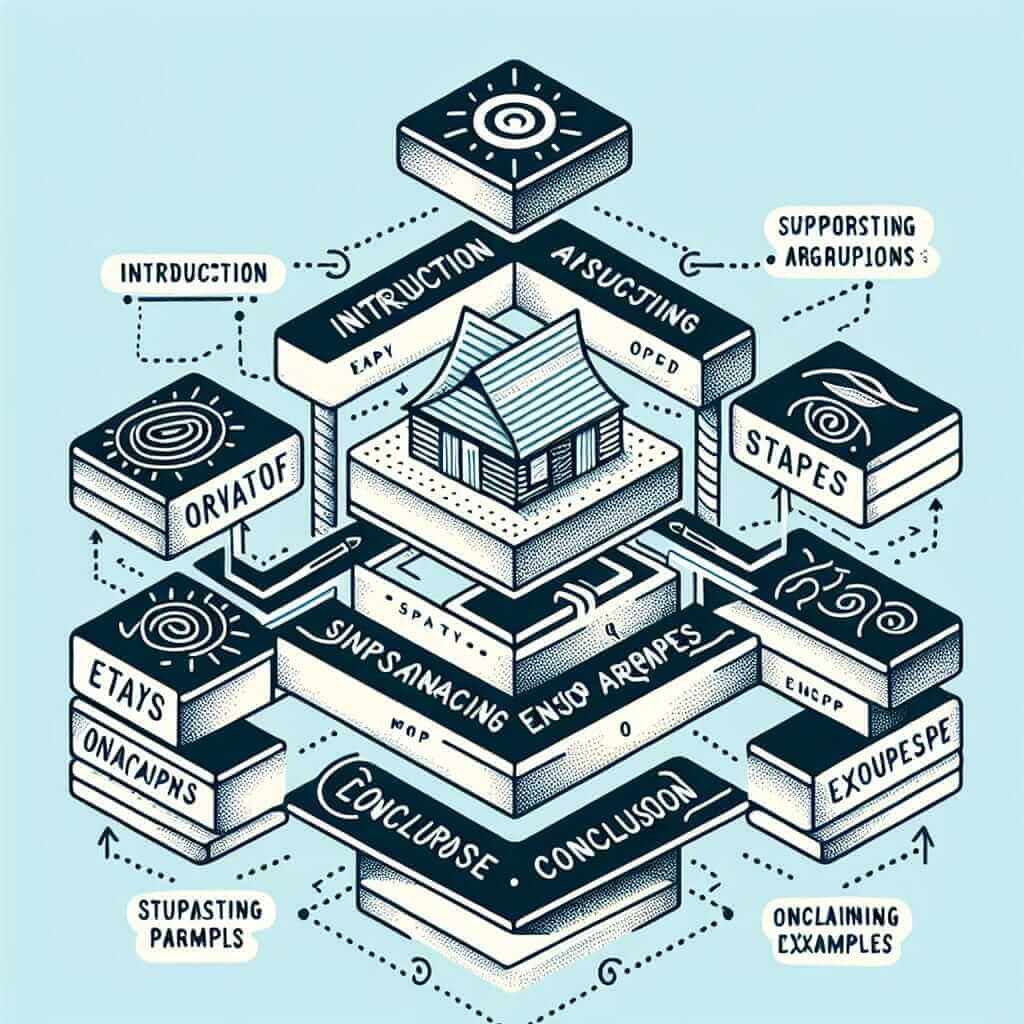In the realm of the IELTS Writing test, particularly in Task 2 essays, the ability to articulate your opinion effectively is paramount. It’s not just about having an opinion, but expressing it clearly, logically, and with strong supporting evidence. This comprehensive guide delves into the nuances of opinion expression, equipping you with the tools and strategies to excel in this crucial aspect of your IELTS journey.
Understanding the Importance of Opinion Expression
IELTS essay prompts often center around contemporary issues, inviting you to present your perspective. Effectively conveying your stance demonstrates critical thinking, analytical skills, and the ability to construct a well-reasoned argument – qualities highly valued by IELTS examiners.
Techniques for Expressing Your Opinion Clearly
1. Direct and Assertive Language:
- Example:
- “I firmly believe that…”
- “It is my conviction that…”
- “I am of the opinion that…”
2. Using Modal Verbs:
- Modal verbs like “should,” “must,” “ought to,” and “need to” add weight to your opinion.
- Example: “Governments should prioritize investment in renewable energy sources.”
3. Employing Transition Words:
- Transitions like “therefore,” “consequently,” “as a result,” and “for this reason” help connect your opinion to your supporting arguments.
- Example: “Technology has revolutionized communication. Therefore, it has had a profound impact on social interactions.”
4. Providing a Balanced View (When Necessary):
- Some essay prompts might require you to discuss both sides of an issue before presenting your own opinion. This showcases a nuanced understanding.
- Example: “While some argue that globalization leads to job losses in developed countries, I believe its benefits outweigh the drawbacks.”

Illustrative Examples from IELTS Essays
Prompt: Some people believe that the government should fund public transportation more than private car use. To what extent do you agree or disagree?
Opinion Expression: “I wholeheartedly agree that government funding should prioritize public transportation over private car use. This stance stems from the numerous environmental, social, and economic benefits associated with a robust public transport system.”
Tips for Success
- Choose Your Stance Wisely: Select the side you can argue most effectively, even if it’s not your personal belief.
- Provide Strong Support: Back up your opinion with relevant examples, statistics, or personal anecdotes.
- Stay Relevant: Ensure your opinion directly addresses the essay prompt and avoids going off-topic.
- Practice Regularly: The more you practice expressing your opinion in writing, the more confident and fluent you will become.
Conclusion
Mastering the art of expressing your opinion in IELTS essays is an achievable feat with focused practice and a clear understanding of the techniques involved. By employing assertive language, clear transitions, and well-structured arguments, you can confidently convey your stance and elevate the quality of your writing. Remember, your opinion holds value, and expressing it effectively is key to achieving your desired IELTS score.